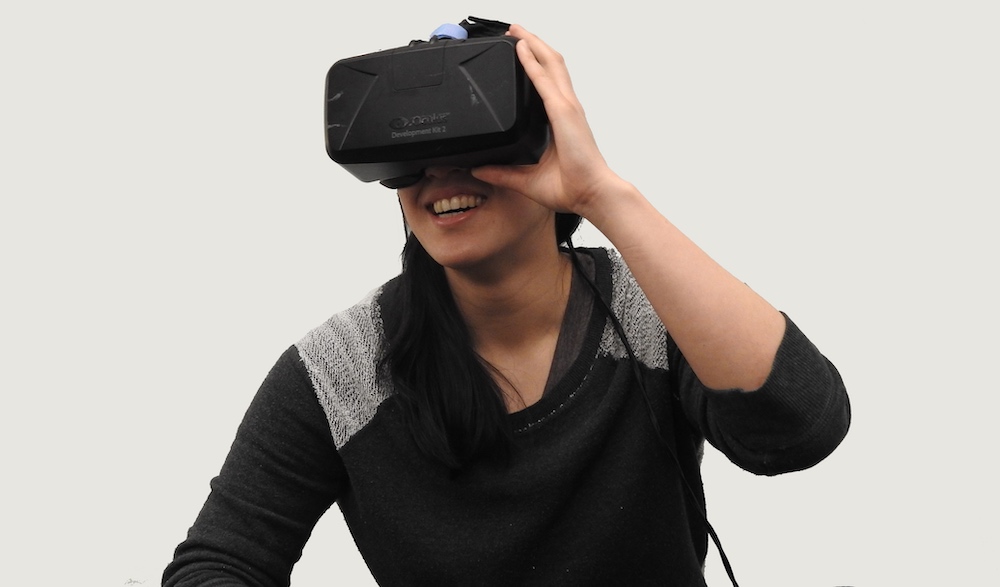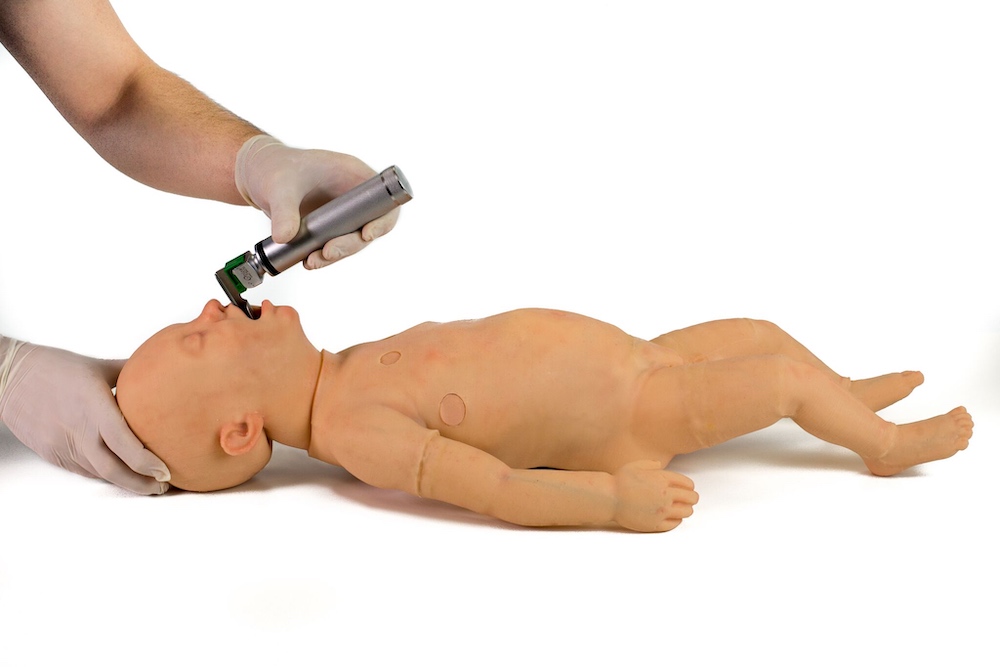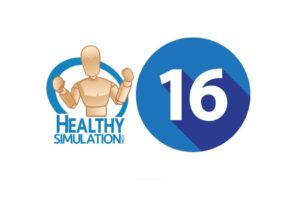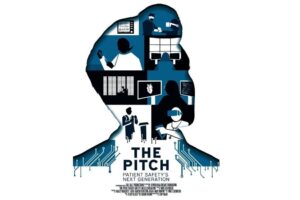26% Increase in Clinical Procedural Knowledge From Single 25-Minute VR Session
Virtual reality in healthcare simulation has opened the door to a truly immersive learning environment. Many healthcare simulation centers, programs, and facilities have begun acquiring the tools, technology, and resources to provide their learners with the most effective modes of VR learning. While there has been a positive response across the industry, with ever-evolving vendors developing across the space, measuring levels of VR-related education success has not necessarily been clearly established. To provide clearer insight into the results of this method of virtual learning, Lumeto, the Toronto-based immersive learning company, has released a new virtual reality procedural knowledge study. This article explains the nature of this study, and what the results mean for the healthcare simulation industry overall.
Lumento announced the results of the company’s research study, conducted In partnership with The American College of CHEST Physicians (CHEST), in October 2021. The study aimed to evaluate usability, efficacy, and user satisfaction of virtual reality simulation. The results indicated universally easy adoption, encouraging efficacy results, and overwhelmingly strong learner confidence.
As enabled by Lumeto’s InvolveXR platform, the study was conducted with most participants entering the multi-user, instructor-led VR simulation remotely, with others on-premises. Additionally, some sessions were conducted with inter-professional participants. According to Lumento, the thirty-nine participants included physicians, advanced nurse practitioners, respiratory therapists, physician’s assistants, fellows-in-training, and residents from The Mayo Clinic, NYU, and Wake Forest University.
Sponsored Content:
From their participation, results showed “dramatic success in teaching a highly challenging medical procedure with clear efficiency and retention.” Researchers further reported that data obtained from the study showed impactful results in usability, efficacy, and learner confidence after a twenty-five-minute virtual reality training session. This helped lead to the conclusion that Lumeto’s virtual reality platform for instruction is easy to adopt. Despite 56% of learners never having tried VR, 100% of the participants understood what steps to take when they first entered the virtual ICU, and 73% of participants found role-playing an intubation scenario in VR easy.
The report added that: “Based on pre and post-tests conducted after each session, the efficacy findings showed significant improvement in procedural knowledge. In a single session averaging 25 minutes that included instructor-led simulation and debrief in VR, there was a 16% relative increase in procedural knowledge across all learners and a 26% relative increase in procedural knowledge in residents in the management of a difficult airway.”
Overall, there was a higher increase in procedural knowledge in learner groups in the early years of clinical training compared to those with several years of professional experience. Results indicate the vast potential to successfully introduce VR-based Airway Management training in earlier years of clinical experience. Lastly, a post-evaluation survey measuring confidence in the learning objectives showed positive results with a particular focus on cognitive and collaborative skills. The positive statistics revealed:
- 97% were able to describe risk factors, physical exam findings, and clinical situations associated with a difficult airway
- 94% of learners were able to demonstrate a systematic approach to patient evaluation, plan development with the appropriate equipment, and drug utilization prior to intubation
- 100% were able to use crew resource management principles to effectively utilize an airway management team, maximizing success and patient safety during intubation
Another takeaway of this study was that, based on their experience learning Airway Management on the InvolveXR platform, 87% of learners chose virtual reality as a format beneficial for their learning experience. This was second only to physical simulation and ranked higher than all other screen-based and didactic formats of learning.
Sponsored Content:
Lumeto shared that, earlier this year, the company developed a virtual reality intubation clinical simulation informed by CHEST’s curriculum to address the urgent need for safe and effective procedures at the height of the COVID-19 pandemic. Using CHEST’s scientifically validated APPROACH Checklist for Airway Management, participants are led through the simulation by a remote instructor. They are guided through the steps required to perform successful intubation using video laryngoscopy on an intoxicated patient.
The Value of Virtual Reality in Healthcare Simulation
VR is defined as the computer-generated simulation of a three-dimensional image or environment that can be interacted with in a seemingly real or physical way by a person using special electronic equipment, such as a helmet with a screen inside or gloves fitted with sensors. VR allows healthcare students and licensed practitioners to experience real-life experiences without real-life consequences. If healthcare schools adopt this type of educational strategy, accrediting bodies and state boards will want to know how effective VR is and what are the benefits and drawbacks of this type of pedagogy. Read more about the value of virtual reality in healthcare simulation.
More About Lumento
Lumeto enables the future of work through its advanced XR simulation, training, and skills assessment platform, Involve XR. The platform enables institutions looking to deploy data-driven, enterprise-grade, immersive training and assessment across their workforce. The company currently operates across the health care and safety fields, enhancing learning outcomes tied to individual and team decision-making, problem-solving, de-escalation, and complex procedures. Involve XR enables enhanced levels of learner assessment and benchmarking, providing learners an efficient way to remotely re-skill, up-skill, and study in live, synchronous, immersive, scenario-based learning environments. Lumeto is based in Toronto, Canada, and employs a global workforce.
More About The American College of Chest Physicians
The American College of Chest Physicians (CHEST) is the global leader in the prevention, diagnosis, and treatment of chest diseases. Its mission is to champion advanced clinical practice, education, communication, and research in chest medicine. The college serves as an essential connection to clinical knowledge and resources for its 19,000+ members from around the world who provide patient care in pulmonary, critical care, and sleep medicine.
Read More About this Lumento, CHEST Research Study
Lance Baily, BA, EMT-B, is the Founder & CEO of HealthySimulation.com, which he started while serving as the Director of the Nevada System of Higher Education’s Clinical Simulation Center of Las Vegas back in 2010. Lance is also the Founder and acting Advisor to the Board of SimGHOSTS.org, the world’s only non-profit organization dedicated to supporting professionals operating healthcare simulation technologies. His co-edited Book: “Comprehensive Healthcare Simulation: Operations, Technology, and Innovative Practice” is cited as a key source for professional certification in the industry. Lance’s background also includes serving as a Simulation Technology Specialist for the LA Community College District, EMS fire fighting, Hollywood movie production, rescue diving, and global travel. He and his wife Abigail Baily, PhD live in Las Vegas, Nevada with their two amazing daughters.
Sponsored Content:


















